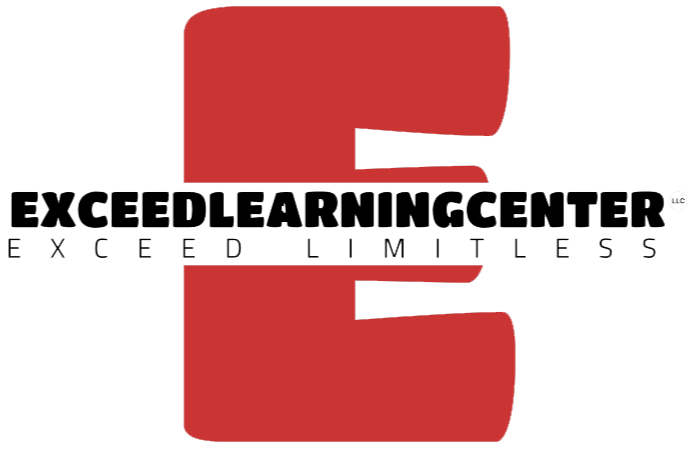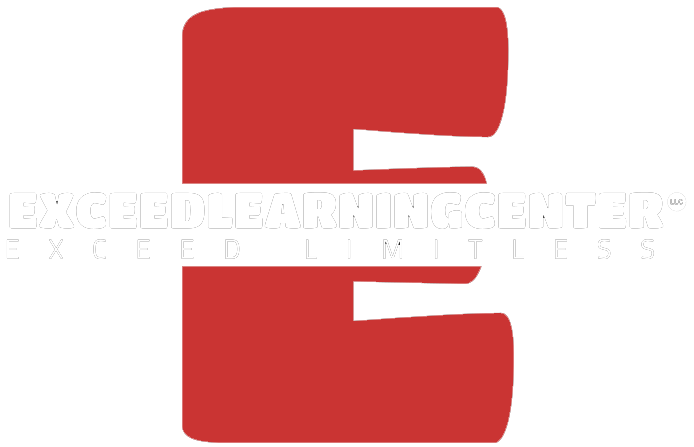Understanding Habits: New Habits for a New You

Understanding Habits: New Habits for a New You
The goal of this workshop is to guide you in initiating the new year with a proactive and positive approach through the establishment of constructive habits.
By providing insights into the science of habits, helping individuals select habits aligned with their aspirations, and offering practical strategies for successful habit formation, the workshop aims to empower participants to make meaningful changes in their lives.
Ultimately, the objective is to equip individuals with the knowledge and tools needed to cultivate habits that contribute to personal growth, well-being, and a fulfilling year ahead.
Understanding Habits
The habit loop
a psychological pattern that governs the process of habit formation. It consists of three key components:
- Cue (Trigger):
This is the initial signal or prompt that starts the habit loop. It could be an external event, a specific time of day, an emotional state, or any other stimulus that acts as a trigger for a particular behavior. Examples: Feeling stressed (cue) prompts reaching for a snack (routine).
2. Routine (Behavior):
The routine is the actual behavior or action triggered by the cue. It represents the habitual response to the identified trigger. This behavior is typically repeated and becomes ingrained as part of the habit loop. Examples: Eating a snack (routine) in response to feeling stressed (cue).
3. Reward (Outcome):
The reward is the positive outcome or reinforcement that follows the completion of the routine.
It satisfies a craving, fulfills a need, or provides a sense of pleasure. The reward reinforces the habit loop, making it more likely for the behavior to be repeated in the future. Examples: Eating a snack (routine) provides a sense of comfort and relief (reward) in response to stress (cue).
Choosing the Right Habits Keystone Habits
small changes that can lead to a cascade of positive effects.
Reflection:
Consider your personal aspirations, goals and areas you wish to improve in the upcoming year.
Keystone Habits Explanation:
These are small, impactful changes that can act as catalyst, triggering positive transformation in various aspects of life.
Examples of Aligned Habits
Health:
a. Habit: Daily Exercise
Potential benefits: Improved physical fitness, increased energy levels, enhanced mood.
b. Habit: Mindful Eating
Potential benefits: Better digestion, weight management, increased awareness of nutritional choices.
Productivity:
a. Habit: Time-Blocking
Potential benefits: Enhanced focus, efficient task management, reduced procrastination.
b. Habit: Setting Priorities
Potential benefits: Increased productivity, better decision-making, reduced feelings of overwhelm.
Mindfulness:
a. Habit: Meditation
Potential benefits: Stress reduction, improved mental clarity, enhanced emotional well being.
b. Habit: Gratitude Journaling
Potential benefits: Increased positivity, heightened self-awareness, improved relationships.
SMART Goals
Let's break down the SMART criteria for setting effective goals:
Specific:
Clearly define your goal. Be precise about what you want to achieve.
Example: Instead of a vague goal like "exercise more," specify "jogging for 30 minutes, three times a week."
Measurable:
Establish criteria to track your progress and determine when the goal is achieved. Example: Track the number of days you stick to your jogging routine each week.
Achievable:
Ensure that your goal is realistic and attainable. Consider your resources and capabilities.
Example: If you're new to jogging, starting with shorter durations and gradually increasing is more achievable.
Relevant:
Align your goal with your overall objectives and aspirations.
Example: If overall health improvement is your focus, a jogging goal aligns with this broader objective.
Time-Bound:
Set a specific timeframe for achieving your goal. This adds a sense of urgency and helps prevent procrastination.
Example: "Jogging for 30 minutes, three times a week, for the next two months" provides a clear time boundary.
Building Habits Gradually
Building habits gradually is a key strategy for sustainable change.
Here's how you can convey this concept:
Start Small:
Begin with manageable, small steps.
Example: Instead of committing to an hour of exercise daily, start with 15 minutes and gradually increase.
Focus on Consistency:
Consistency is more important than intensity.
Example: Doing a short workout every day is more effective than sporadic, intense sessions.
One Habit at a Time:
Don’t overwhelming yourself with multiple habit changes simultaneously.
Example: If aiming for a healthier lifestyle, focus on improving one aspect, like nutrition, before adding more changes.
Celebrate Small Wins:
Acknowledge and celebrate small victories along the way.
Example: Celebrate completing a week of consistent exercise as a milestone.
Gradual Progression:
Gradual progression is very important in habit intensity or duration.
Example: If learning a new skill, start with basic exercises before moving on to more advanced techniques.
Build on Success:
Build on successful habits by gradually adding complexity.
Example: If successfully incorporating daily walks, consider adding short intervals of jogging over time.
Accountability and Tracking
Importance of Accountability:
Explain why accountability is crucial in habit formation.
It provides external support and motivation.
Example: Sharing your goals with a friend or joining a group can create a sense of responsibility.
Encourage participants to find accountability partners who share similar goals.
Example: Having a workout buddy can make exercising more enjoyable and increase commitment
Regular Check-Ins:
Emphasize the value of regular check-ins to assess progress and make adjustments.
Example: Schedule weekly reflections to review your habits and set new targets based on your experiences.
Public Commitments:
Discuss the impact of making goals public. Sharing goals with a larger audience can increase motivation.
Example: Posting your fitness journey on social media for encouragement and support.
Habit Tracking Tools:
apps or journals.
Example: Use a habit-tracking app to monitor daily progress and stay motivated.
Overcoming Challenges
Identify Common Challenges:
Lack of motivation, time constraints, or facing unexpected setbacks.
Mindset Shifts:
Cultivate a positive and resilient mindset.
Example: Instead of viewing setbacks as failures, consider them as opportunities to learn and adjust your approach.
Seeking Support:
Share your goals with someone who can provide encouragement and understanding during challenging times.
Reflect and Learn:
Regularly assess what works well and what needs adjustment in your habit-building journey.
SHARE THIS POST:
Olga Binyaminov
Founder, Exceed Learning Academy
Together, we can exceed expectations and make the journey of learning a truly remarkable one for your child.
Leave A Comment
Search
Send us a Message
Blog - Website Form
Recent Posts
Quick Links









